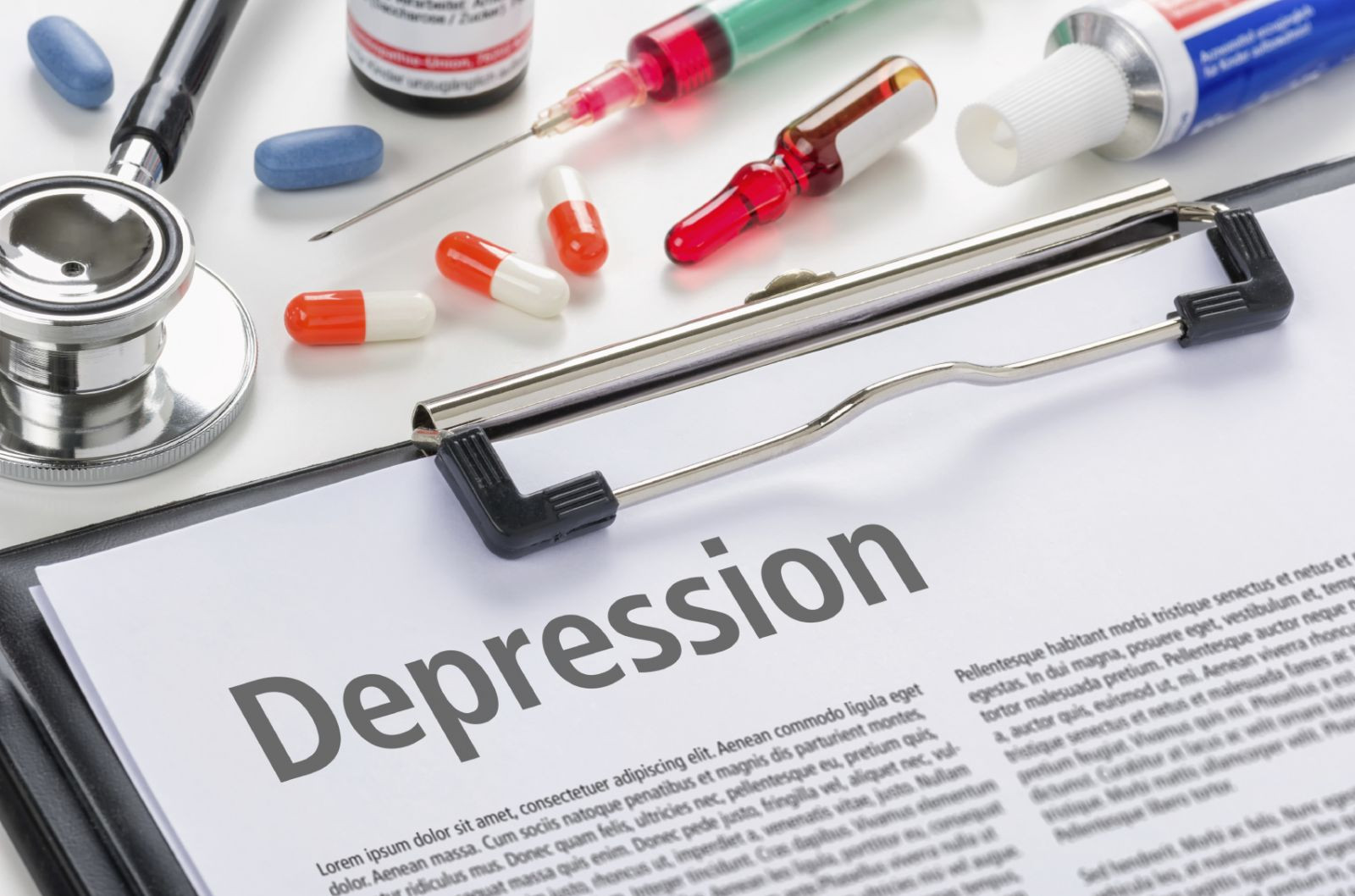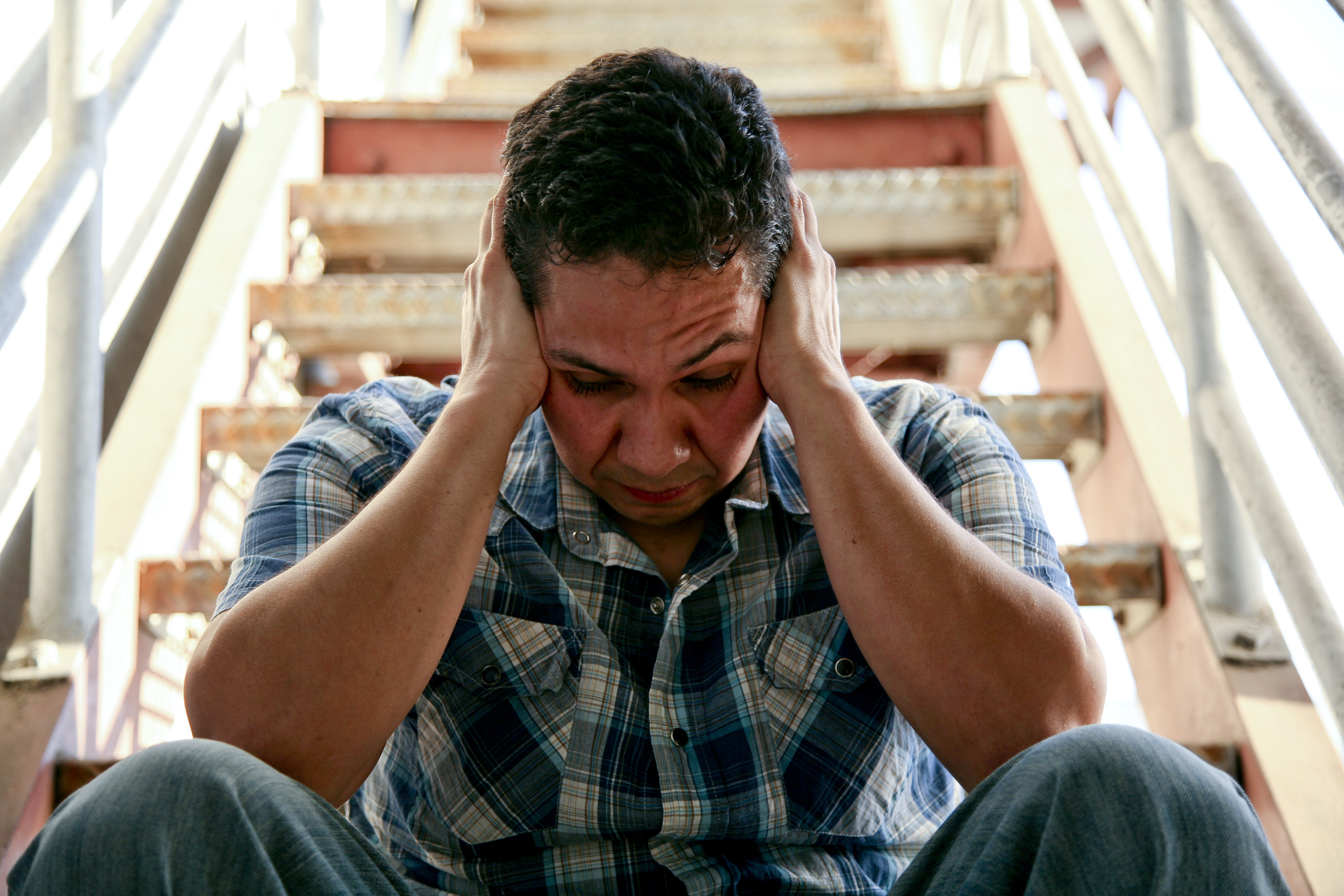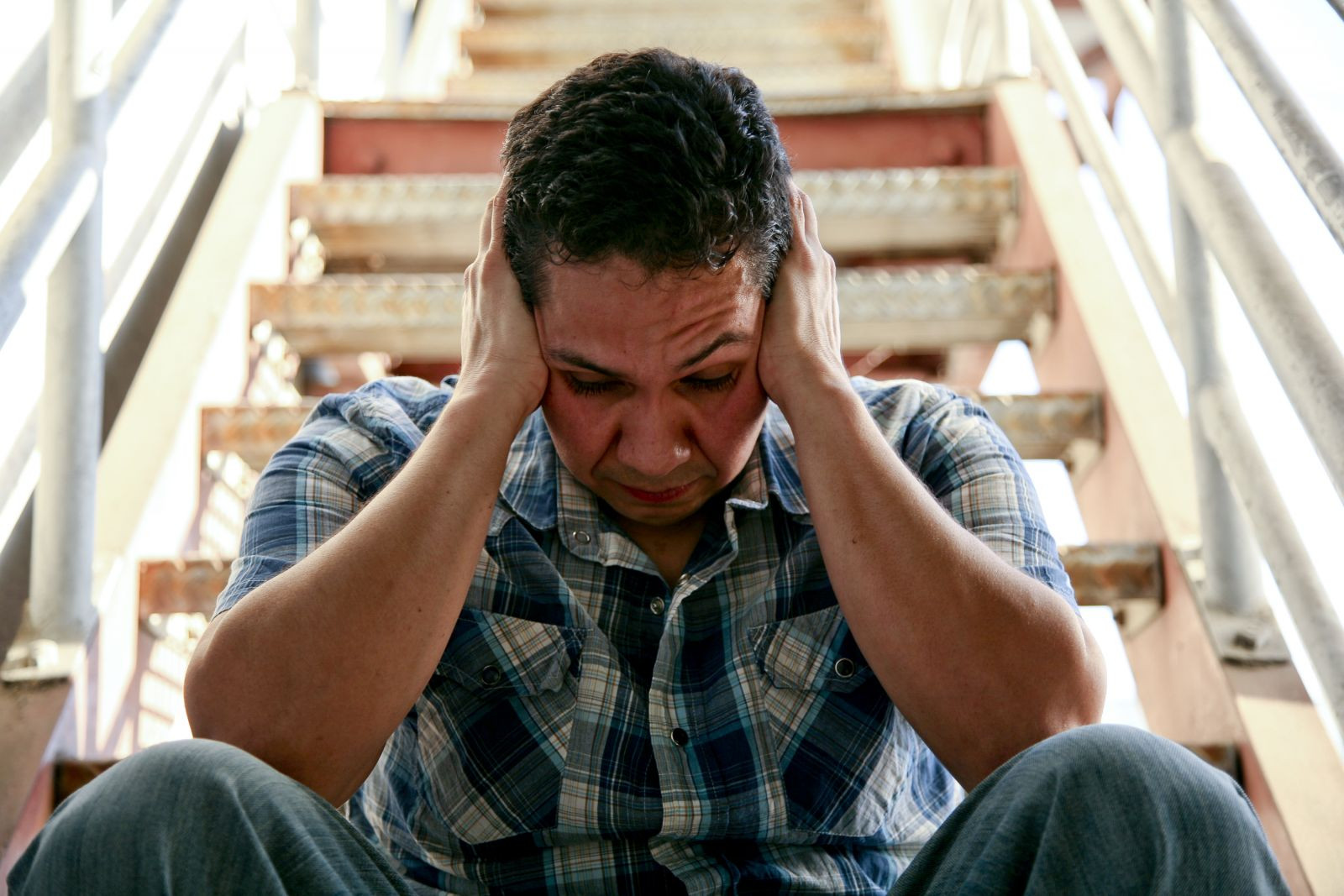
5 timeless habits for better health

What are the symptoms of prostate cancer?

Is your breakfast cereal healthy?

When pain signals an emergency: Symptoms you should never ignore

Does exercise give you energy?

Acupuncture for pain relief: How it works and what to expect

How to avoid jet lag: Tips for staying alert when you travel

Biofeedback therapy: How it works and how it can help relieve pain

Best vitamins and minerals for energy

Should you take probiotics with antibiotics?
Depression Archive
Articles
Confirming depression: When extra tests might help
Medical science is making good progress in unraveling the biological underpinnings of depression. Someday, these discoveries may lead to lab tests that can help identify or confirm depression and other mood disorders.
Right now, doctors and therapists rely on the symptoms reported by their patients, along with clinical expertise and experience, to diagnose depression and determine a course of treatment.
Sometimes, though, additional information can help distinguish depression from other problems. That's why your doctor might recommend any of the following tests:
10 questions to ask when choosing a therapist
Whether you get a recommendation for a therapist from your primary care doctor, a friend, or your insurance company, finding out about his or her background and training can help you feel comfortable with your choice. Here are some questions to ask before settling on a therapist:
- What's your training (i.e., what certification or degrees do you hold)?
- How long have you worked in this field?
- What kinds of treatment or therapy do you think might help me?
- What are the advantages and disadvantages of different approaches to treatment, including medications?
- How does the type of treatment you offer work?
- What are the chances that treatment will succeed?
- How soon should I start feeling better?
- How will we assess my progress?
- What should I do if I don't feel better?
- How much will treatment cost?
It's hard for a therapist to give precise answers to some of these questions, because no single therapist or type of treatment is best for everyone. But there are some general responses you should be looking for: The therapist should easily be able to describe his or her formal training and certification, for example. And while there's a tendency for mental health professionals to offer only the particular type of psychotherapy that they do best, it's a good sign if the person can describe the merits and drawbacks of different types of treatment, including ones he or she doesn't do.
Is your medication making you depressed?
When starting a new medication, keep a journal to track any new symptoms that develop. Note the time of day, date, and type of symptom you are experiencing. |
Be on the lookout for mood swings, sleeplessness, and anxiety when starting certain medications.
Can depression worsen RA symptoms or make treatment less effective?
Depression is fairly common among people suffering with rheumatoid arthritis (RA). Recent research suggests that depression may worsen RA symptoms and even make medications less effective. To date, the studies that indicate a connection between the severity of RA symptoms and depression have not been conclusive, so more research is needed. In the meantime, if you have RA and notice signs of depression, be sure to talk with your doctor.
If you think you’re depressed, don’t wait — find out
October 8, 2015 is National Depression Screening Day, which is the embodiment of Dr. Douglas Jacobs’s belief that screening for mental disorders should be no different than screening for other physical illnesses. If you think that you may be suffering from depression, take the first step and find out. Treatment can improve your mood, help you feel more connected, and feel more like yourself again.
Harvard study links depression to stroke
Here's another reason to get depression treated as soon as possible: a Harvard study found that people with persistent symptoms of severe depression were twice as likely to suffer a stroke compared with people who have mild symptoms. The study appeared May 13, 2015, in the Journal of the American Heart Association. Researchers looked at the health information of more than 16,000 men and women ages 50 and older. The participants were interviewed every two years during a 12-year period and asked about many health issues, including depression symptoms. Researchers found that people who reported high depression symptoms at two consecutive interviews were more than twice as likely to have a first stroke than people with low depression symptoms. The stroke risk remained high even after depression symptoms went away.
The study showed only an association, and didn't prove that depression causes strokes. So why the link? Researchers speculate that depression—which is associated with high blood pressure, increased inflammation, and physical inactivity—may have a cumulative effect that causes damage to the blood vessels over time. Bottom line: Seek treatment if a case of the blues lasts more than two weeks, because it could be a sign of depression.
How a sleep shortfall can stress your heart
Getting less than six hours of sleep on a regular basis can boost levels of stress hormones, which can strain your cardiovascular system. |
Find out if your sleeping habits put you at risk—and what to do about it.
Pay attention to signs of depression
Over time, most people with dementia or mild cognitive impairment (a decline in thinking skills) also experience behavioral changes, such as depression and agitation. Which comes first? A study published online by Neurology on Jan. 14, 2015, suggests that psychological and behavioral changes can begin before people develop mild cognitive impairment or dementia. Researchers evaluated the daily functioning, memory and thinking skills, and psychological and behavioral symptoms of about 2,400 people, ages 50 and older, who had no evidence of cognitive decline. The study also suggests that a pattern of depressive symptoms may occur in older adults, unrelated to cognitive decline. The takeaway? "Depressive symptoms can occur in older adults for many reasons. If you are experiencing mood or cognitive changes that last for more than a few weeks, it's a good idea to bring this up with your doctor or consult a mental health specialist to help sort out possible causes," says Dr. Nancy Donovan, an instructor in psychiatry at Harvard Medical School.
Ask the doctor: What can I do for antidepressant "discontinuation symptoms"?
Image: Thinkstock |
Q. I took a low dose of the antidepressant desipramine for more than two years for chronic pain. Once I started physical therapy, my pain improved so much that I quickly tapered off the medication. I have been off of it for a month now, but am still experiencing "discontinuation symptoms." I can't sleep well and feel a little dizzy. What can I do for this?
A. It can be liberating to realize that you no longer need to take a medication. However, sometimes you can't just throw your pills away. There are many medications (both psychoactive and otherwise) that require you to taper off slowly when it's time to stop them. Stopping such a medication too quickly will cause what are called rebound side effects. Desipramine (Norpramin) is a tricyclic antidepressant, one of the drug categories that require a slow taper.

5 timeless habits for better health

What are the symptoms of prostate cancer?

Is your breakfast cereal healthy?

When pain signals an emergency: Symptoms you should never ignore

Does exercise give you energy?

Acupuncture for pain relief: How it works and what to expect

How to avoid jet lag: Tips for staying alert when you travel

Biofeedback therapy: How it works and how it can help relieve pain

Best vitamins and minerals for energy

Should you take probiotics with antibiotics?
Free Healthbeat Signup
Get the latest in health news delivered to your inbox!
Sign Up









